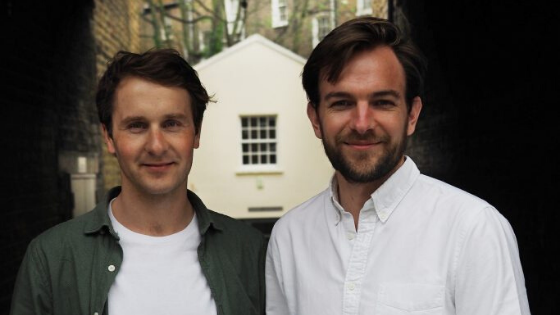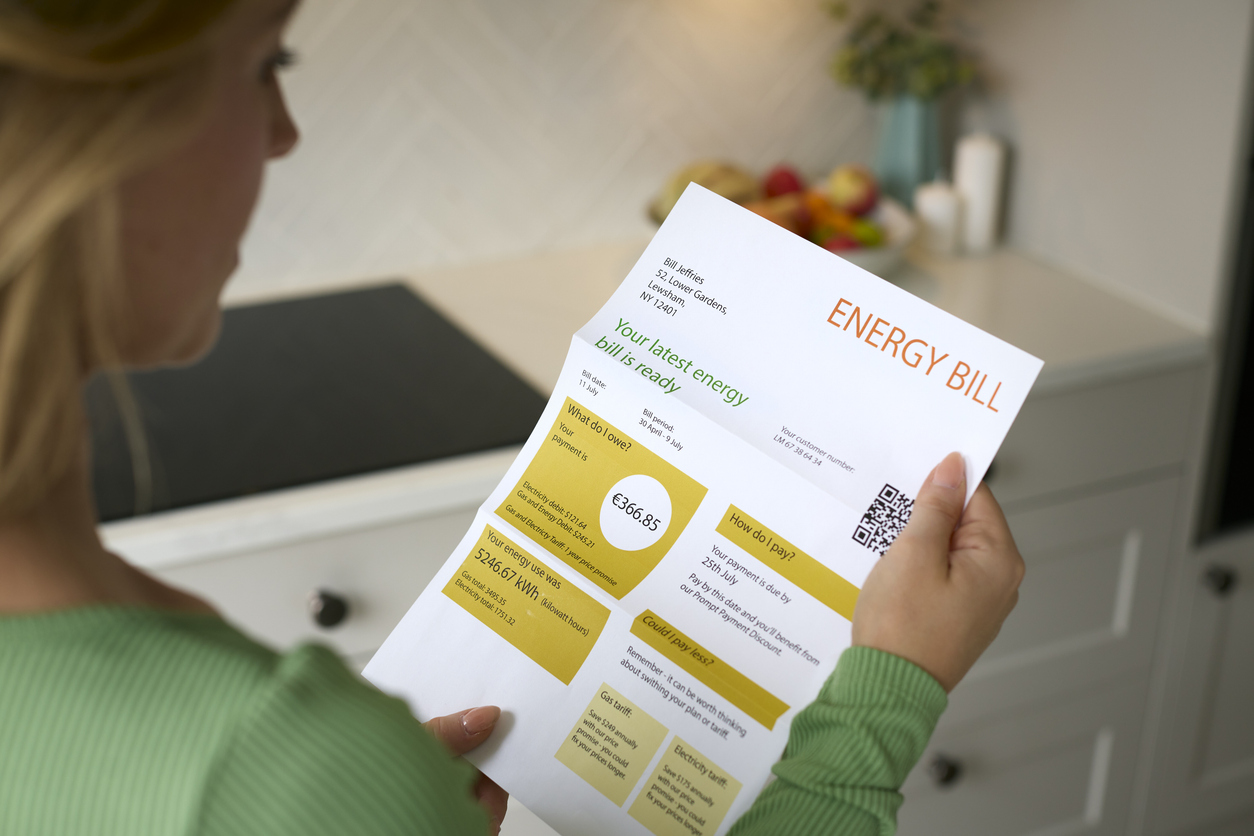By Emma Steele, Investment Manager

Please welcome Youtility, a FinTech platform helping to power financial peace of mind
HQ: London
Co-Founders: Will Kostoris and Charlie Quigley
The problem: one of the main drivers of higher energy costs for low-income households is simply because they are not on the best available tariff[1]. Compounding factors such as digital exclusion mean that poorer families cannot compare tariffs online and/or they may be extremely time poor to look for it. This comes back to the myth of the ‘super consumer’, where households are generally expected to bear the responsibility of finding the best deal. The issue with existing aggregator switching websites is that they often present existing offers in a confusing way and are not always incentivised to offer the best deal.
Youtility believes there is a better way and wants to give the power back to the consumer. There are various automated switching solutions in the market that simply search for the cheapest deals, but customers should be wary of outsourcing the entire decision-making process and ensure they make the best choice for their situation. Arguably, these automated switching models are having a distorting effect on how current utility companies acquire customers. If it is expected that a customer will switch away after 6 months, incentivisation such as referral fees is significantly impacted or made null.
The solution: the Youtility team adheres to the principle that consumers shouldn’t have to be ‘super consumers’ to get the best deal; instead, they should have access to a platform that presents tailored deals at a touch of a button, and switch seamlessly within the app itself. This approach makes the entire experience as painless and automated as possible, whilst empowering the consumer to choose what is best for them.
We also believe that an empowerment tool where the choice still lies with the customer means that the existing utility companies will remain incentivised to retain their customers through providing better deals, rather than rejecting customers that are coming through automated switching models.
Why we’re backing Youtility: from a product front, we have been extremely impressed by the quality of the tech stack and product architecture the team has been building during their pre-Seed and Seed rounds. We were particularly compelled by a few factors:
- A powerful impact thesis: an effective way to deliver value and cost savings to households, whilst incentivising the market to cater to its existing customers. This is one application of Open Banking-based technology that ethically uses customer data to deliver empowerment and easily accessed cost savings to essential services – which is core to our Poverty Premium thesis.
- A strong team: you can tell a lot by the way founders build a relationship with investors over time. Pre-investment, we had been tracking Youtiliy for 18 months and were impressed with how Will and Charlie effectively brought us in on their journey, through continual communication and consistently delivering on key milestones.
- B2B traction: the commercial integrations they were progressing for their initial pilots were agreed prior to investing, which demonstrated early signs of product-market fit and a powerful B2B route to market, versus a number of B2C energy switching models we had reviewed and rejected over the past 2 years.
- Strategic co-investors: one of the lead investors, Barclays Ventures, was a strategic corporate VC which would be highly relevant for their future route-to-market strategy.
In the Press: “London-based Youtility, an Open Banking Enabled Home Finance Tech Provider, Secures £4.5 Million in Funding from Barclays, Others” via Crowdfund Insider




